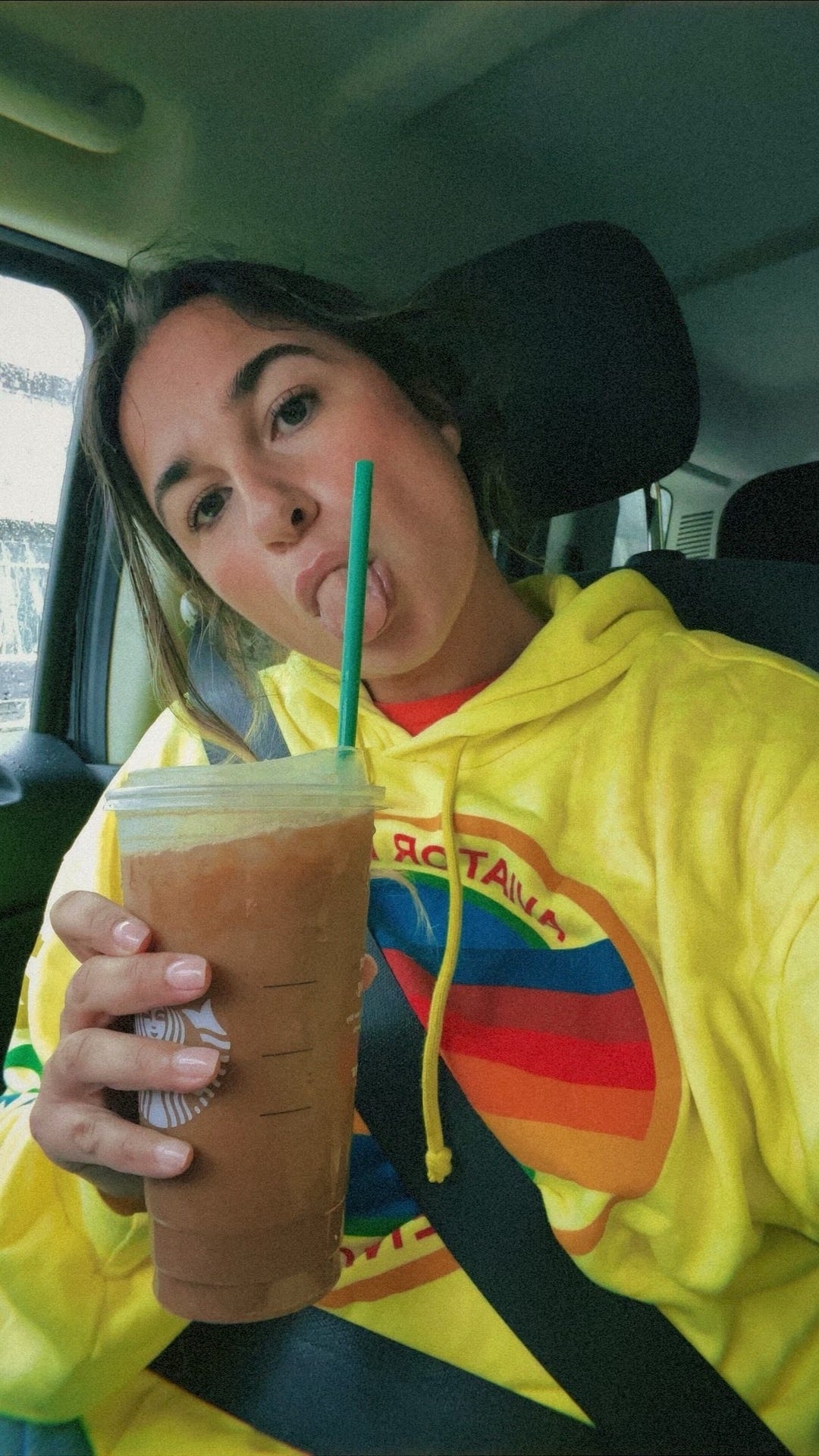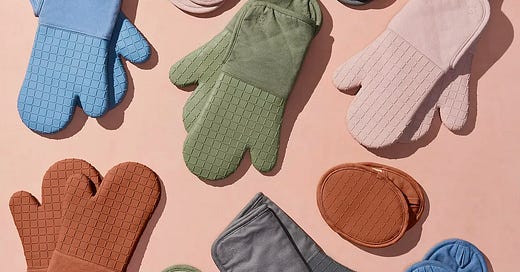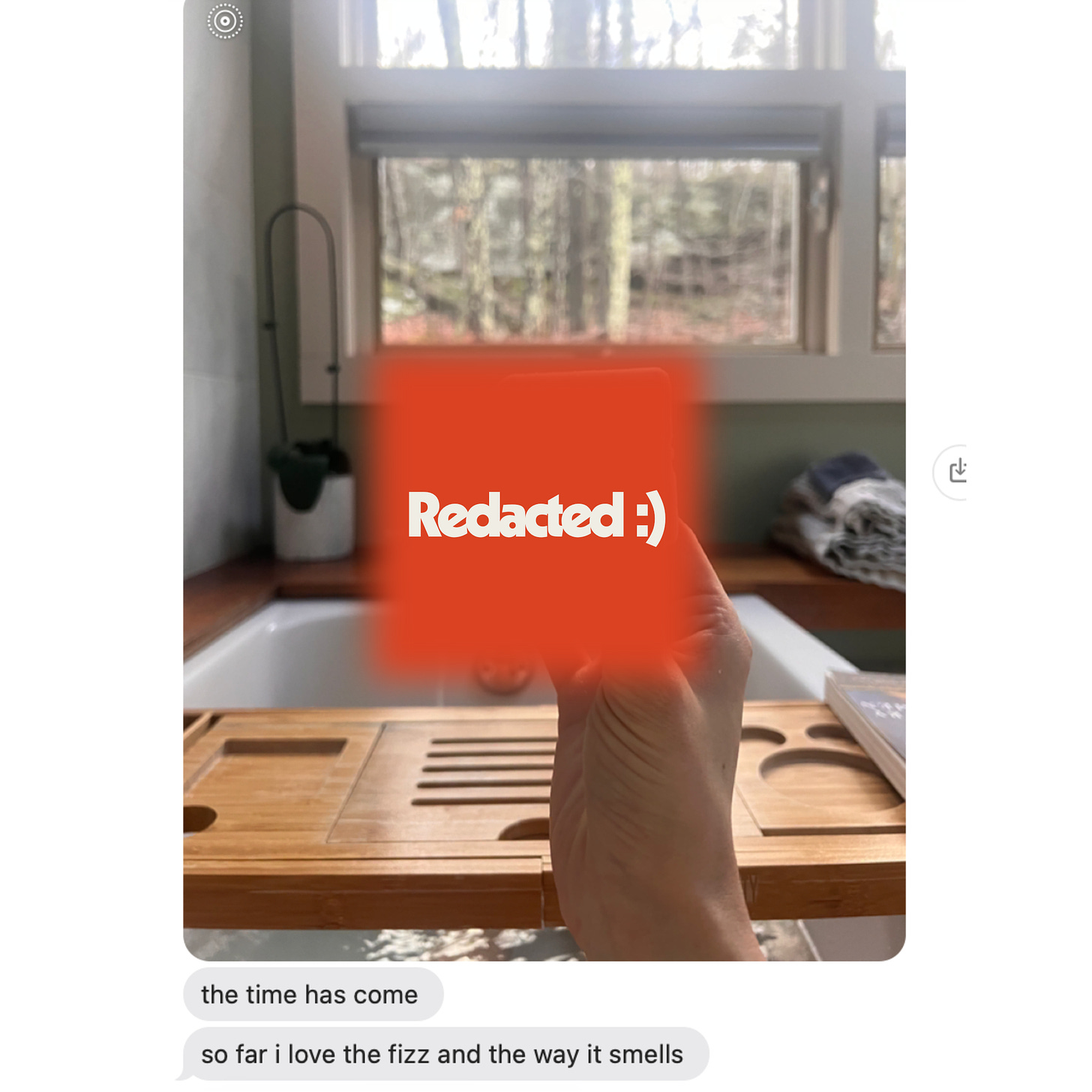SO YOU WANT TO START A BRAND?: developing products the world actually needs.
Product development is a maddeningly slow effort in a world propelled by near constant consumption.
HAPPY SATURDAY. I am actually writing this on Friday and there’s a torrential downpour in NYC right now. I was in one of those moods, I simply had to get in the car to go hunt & gather for an over the top large iced cinnamon americano at Starbucks and a turkey bacon breakfast sandwich. This is as “cheat day” as it gets over here, but nothing feels as good as driving to a Starbucks in your favorite sweatshirt and listening to pop that’s 7 years old at a volume so loud that the car shakes and your teeth are jiggling in your jaw. I can’t explain it— that’s nirvana. Feels better than a promotion or being gifted fancy jewelry. (I am from California, if you can’t tell.)

I’m starting a series called SO YOU WANT TO START A BRAND. I find I still attract a lot of early-stage founders or young women who really want to start a business. I was talking to my beloved intern pal Charlotte yesterday about how the best kinds of founders are the ones who are die-hard passionate about the business they’re starting vs. just being a founder or being their own boss— but also how it’s okay if you’re entrepreneurial and you don’t yet know what you’re going to do with that drive or impulse.
My advice to those who are entrepreneurial and want to start a business but don’t know what it is that they should do: wait. It will come to you, when it does, there will be no doubt! Do not start something you would not get into $500K of personal credit card debt for and would still enjoy having done so if the business fails.
Today’s issue is all about product development. I have developed VERY FEW products in my life (a saffron colored compost bin, a biodegradable biker bottle, an assload of merch/apparel) so far, and it was mostly off the shelf and all we did was apply design. IMO, that was not real product development. That’s the kiddie pool. If you’re a founder, you’re not going to get rich on that stuff. There’s no skin in that game. Don’t waste your time slapping your logo (or your “cool branding”) onto something that already exists. You can do that stuff— or make any merch— when you’ve made as much revenue as Glossier. I’ll say this loud and I know it hurts to hear: business is not a hobby! We don’t get to make stuff— like branded merch— just because it’s fun! Ugh, I need to hear that at least once a year.
All that off-the-shelf product development I’ve dabbled in pales in comparison to what I watched go down at Food52— and also doesn’t hold a candle to the products in the skin care, beauty and supplement space I’m currently working on. I started in the kiddie pool and woke up one day in the deep end. What’s a BOL? How the eff do you set up freight? How do you stability test? Where do you get caps that fit the precise dimensions of the jars you have on hand? These are all really awesome questions I’ve gotten to Google or call a friend about this last month. I don’t think I could function as a brand operator as I do now if I had not built up a network of brilliant founder and CEO/COO friends in the last 5 years— it sounds silly, but it’s worth noting. Some things do just get easier the longer you’ve worked, getting help filling in the blanks on all the stuff you don’t know is one of them.
Give me a few weeks and I’ll be a product development champ (you’ll love this goddamn {redacted} when I’m done with it!!!!), but I’m still a little wet behind the ears when it comes to developing the best skincare, body care and supplements.
Until then, what I’ll leave you with is:
Don’t make stuff that someone else has already made good
Don’t make stuff that is going to end up in landfill in 6 months to 3 years
Don’t make stuff that you are not willing to go into financial ruin to produce
Don’t make stuff that there isn’t existing demand to buy or that you haven’t stress tested in the market
You might be thinking of some really successful outliers who make “different” or “better” versions of things that already exist and have always existed, are commodities, essentially. I get it, you’re probably not going to invent and patent entirely new technology in 2024— or maybe you will, but in consumer goods, it’s unlikely.
I think the folks who succeed at the above— joining a crowded space and still adding value— fall into one of the below categories:






